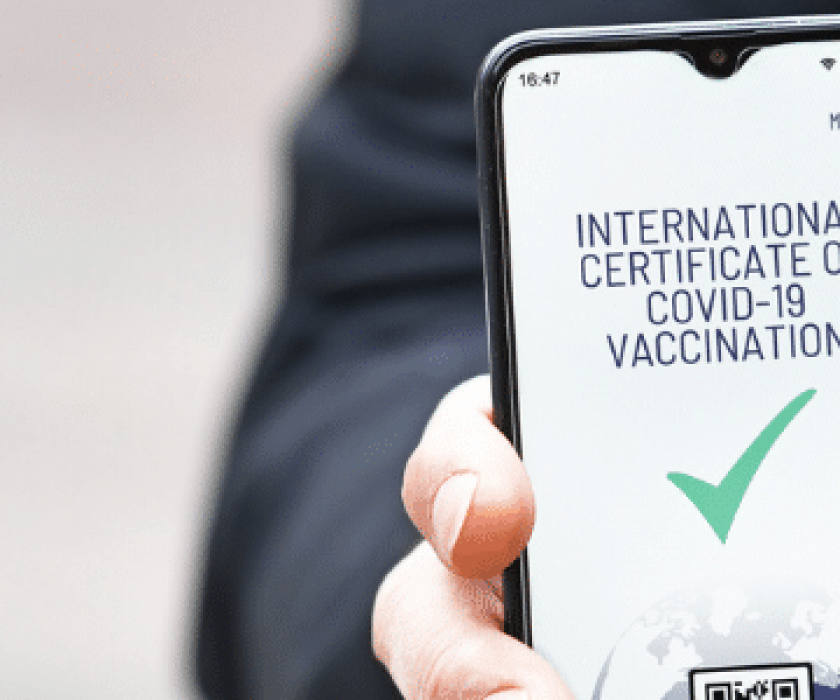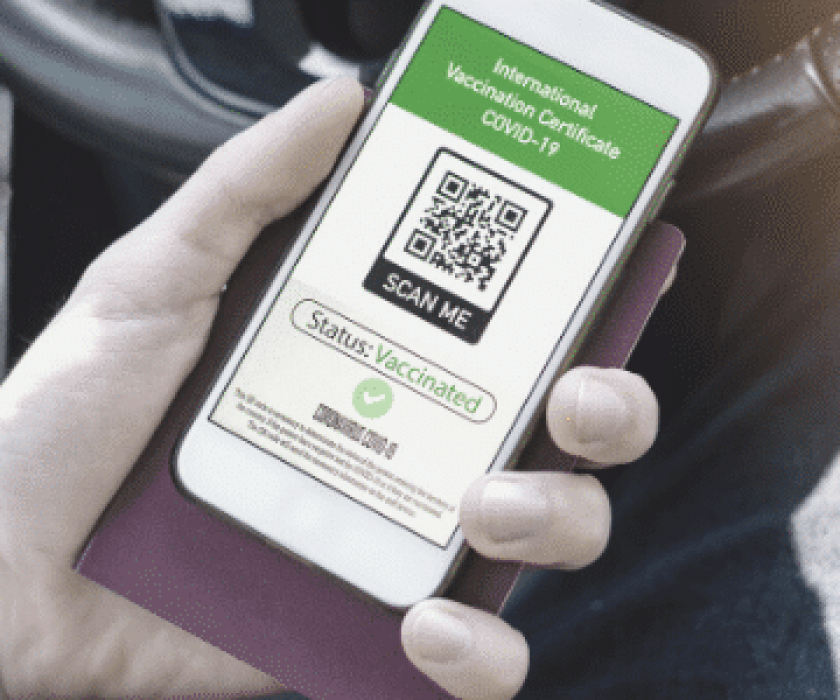6 reasons why your hospitality brand message fails to resonate with your travel audience

When does a message fail to resonate in today’s hospitality industry? These are the 6 Reasons why a hospitality brand message fails to resonate with the travel audience.
This short article will give you a comprehensive overview of how each one of these reasons plays a key role in travel recovery and why failing to understand each one of them could cost us our travel customers’ loyalty.
Let’s take a look at the first reason why a hospitality brand message fails to resonate with the travel audience:
- It’s Not Simple Enough
Time. Stress. Options. Influence. For today’s travelers, these are all elements that interact with their ability to understand a travel concept, a product, or even just an idea. Imagine them being constantly time-bound to what they are doing next, reducing the time they dedicate to what they are doing now. Not only this, but the amount of options displayed right in front of their eyes across the tourism and hospitality brands makes it harder than ever to pin their attention to what we are trying to say. Influence, on top of this, plays a key role in diverting attention and willingness to understand.
The one element that cuts through each one of these factors is Simplicity.
The one element that cuts through each one of these factors is Simplicity and Authenticity when Communicating. Complexity in an uncertain climate affects the ability of your travel audience to be receptive to what you want to communicate with them. A simple message instead, is easy to be understood and therefore easy to be remembered.
- It lacks an element of surprise
The huge amount of options now available to our travel audience affects their ability to genuinely relate to our hospitality brand message, turning them into a distracted audience. Imagine the very same product being sold by a multitude of hotels and resorts, all describing the same ‘WHAT’ instead of the ‘WHY’ a customer would benefit from it. These layers, all selling the same holiday, generate a sense of familiarity which affects directly the purchasing choices of our customers. The more familiar the travel product is, the less receptive the traveler becomes.
- It’s too abstract
- When a travel message is too abstract, it fails to resonate. Purchasing power starts with the ability to enable our customers to ‘relate’ to something or someone. In other words, it’s all about being concrete instead of abstract. As travelers, we relate on
- Personal level
- Cultural level
We relate on a personal level when the message speaks directly to our needs and desires. We relate to:
- Causes that are close to us
- People that are similar to us
- Ideas that can have an impact on our direct life
In other words, we relate to anything that answers to the question: ‘what’s in it for me’
On the other hand, we also relate on a Cultural level when a message resonates on a ‘shared opinion’ that is culturally accepted and embraced across our community.
- It’s not aligned with ‘trusted’ sources
When we craft the core ‘content’ of our brand message, in tourism and hospitality we often touch upon some of the following deep desires of our audience:
- To be healthier
- Prettier
- To be fitter
- Happier
- To be stronger
So when we design the core content that supports our brand message, we craft a promise around our travel product that would fulfill that desire. But a promise is not enough anymore. Distrust and Disengagement over the last few months have affected the ability of our customers to have confidence in that promise and therefore to trust our brand. Aligning your message to a ‘source trusted by consumers’ gives a strong based to be considered as reliable and authentic content – in other words, to acquire credibility.
- It’s neutral instead of emotional
The base of our hospitality communication strategy sits in being informative and ensuring that our message delivers on its brand promise. However is that enough to ensure that our customers are constantly engaging? If distance – physical, mental, and virtual – has proved to have noticeable effects on that trust in travel (that we seek to restore), what can we do to structure a message that constantly invites our customers to ‘feel’?
Inspiration plays a huge role in adding an emotional element to our hospitality brand message. It triggers a reaction; it stimulates a personal aspiration to travel again and encourages a deep sense of ‘CARE’. When a message wisely blends in a strong emotional element into its content it doesn’t just get remembered, it’s gets cared for by its audience. Because it becomes more relatable.
- It lacks Storytelling
It’s no marketing mystery that a good story is worth gold when it comes to retaining our customers’ attention, particularly in hospitality and travel. These three different angles to the storyline trigger a deeper brand connection for our travel audience:
- Informative Storytelling
- Inspiring Storytelling
- Challenging Storytelling
Written by Dolores Semeraro

